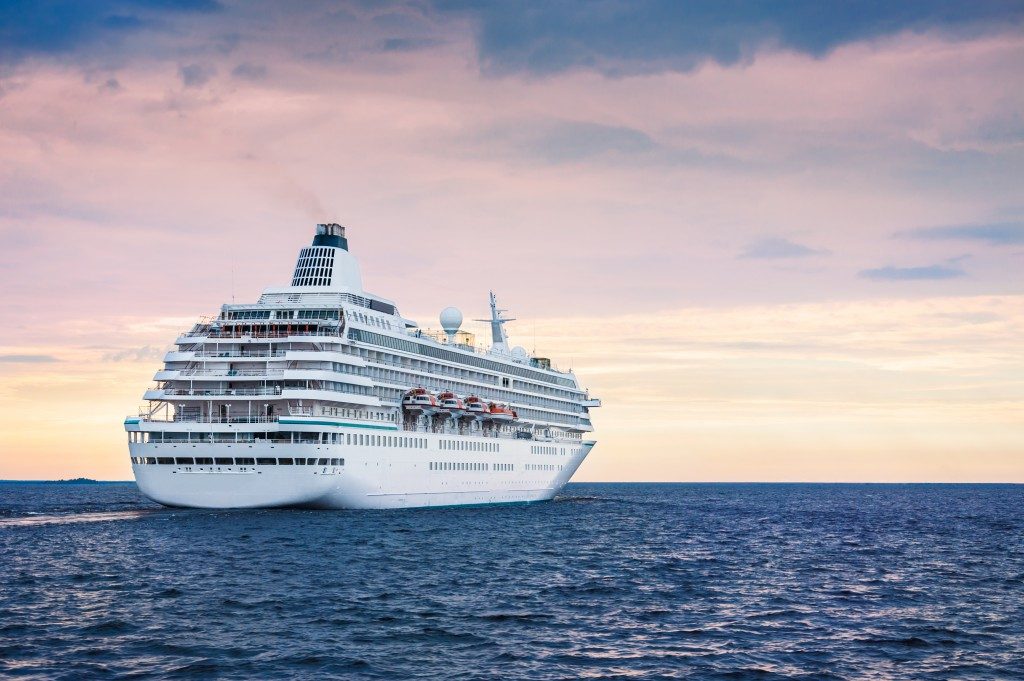You’ve just been hired by a company of legal solicitors based in London. You’re set to assume your post in two months. You’re tying up loose ends on this side of the Atlantic—putting up the apartment for lease, getting rid of stuff, settling bank accounts and credit cards, and attending to farewell parties. You’ve been warned that it’s going to be a tough grind once you join the office in the UK. It will be immediately all-hands-on-deck, so they said that if you need some R&R, you should do it before assuming your new role.
You thought that it might be a good idea to take a holiday cruise for a couple of weeks before diving into work. You’ve never done it before. What are the things that you need to know when taking your first cruise trip?
An Overview of the Cruise Industry
In 2015, the worldwide cruise industry raked in a total of $39.6 billion in revenue. The estimated total number of passengers in 2018 was around 28.5 million. Approximately 14.2 million Americans went on a cruise trip in 2018, sustaining the annual passenger increase of 9%.
The Cruise Lines International Association (CLIA) reported that the average age of a passenger on a cruise trip is 47.
Types of Cruises
Before you decide on where to go, you need to know that cruises consist of the following types:
- Ocean cruise
- River cruise
- Luxury cruise
- Adventure cruise
The ocean cruise is the original version of a cruise holiday on a large ship, which stops at different ports in different countries for about a day. Some of the large rivers of the world, like Danube, Rhine, and the Amazon feature river cruises. The amenities in river cruises are more subdued as compared to ocean cruises. With luxury cruises, expect fewer people but with the best rooms and other facilities, where you’re served with the most premium of alcoholic beverages. Fancy seeing the Antarctic or the Galapagos Islands? Then go on an adventure cruise, where the boats are smaller and the itinerary is more flexible.
What You Need to Know

Once you’ve selected your preferred type of cruise, you should also take note of the following:
- Do your research. You might be overwhelmed by the number of cruise trip offerings, especially those with bargain rates. Do your research first. Compare the different prices among the various cruise ships. Call or email cruise line companies and ask for clarifications about everything, from the size of the room to how many port-stops there will be.
- Plan your activities and pre-book. Plan everything before leaving land, i.e., pre-book excursion packages rather than booking them on a whim while you’re already on board. While pre-booking might limit your flexibility, it will save you some money.
- Get to your port early. It’s recommended that you get to your port of departure not just hours before but a day ahead. Don’t risk the effects of missed connecting flights. The ship won’t wait for you.
- Don’t tip too fast. You’ll read anecdotes about how previous travelers, regretted giving tips at the bar because they would later find out that service charge, in some cases 15%, are already factored-in in the price of drinks.
- What’s in your bag? Pack things that might be useful when you find yourself in unpredictable weather situations. It’s not going to be sunny and dry during those field trips. Include a light but waterproof jacket.
This list could still be longer. But these are five essential points that you should bear in mind when planning your first cruise trip.


